
In an era where digital influence holds unprecedented sway, a recent occurrence at Louisiana State University has cast a spotlight on the evolving intersection of technology, education, and student conduct. The incident, involving LSU’s celebrated gymnast and social media phenomenon Olivia Dunne, has sparked a university-wide discourse concerning the ethical integration of artificial intelligence into academic pursuits.
Dunne, a veritable superstar across platforms with a following exceeding 7 million on TikTok alone, shared a video that quickly garnered immense attention. The content of this particular post featured her promoting an AI-powered application designed to assist with essay writing, an innovation known as Caktus.AI. Her demonstration was accompanied by the compelling on-screen caption, “Need to get my creativity flowing for my essay due at midnight.”
Further compounding the message, the video’s caption included a direct endorsement, stating, “@caktus.ai will provide real resources for you to cite at the end of your essays and paragraphs ;)”. This promotional material, part of a paid partnership, illustrated the application’s ability to generate sentences and paragraphs on a given topic in mere seconds, showcased when Dunne typed in the prompt “Gymnastics is the hardest sport.”

In swift response to the video’s widespread circulation, Louisiana State University promptly released an official statement. This cautionary declaration underscored the university’s stance on the burgeoning technology, emphasizing the critical importance of academic integrity within its learning environment.
LSU’s statement articulated a balanced perspective, acknowledging that “Technology, including AI, can foster learning and creativity.” It affirmed the institution’s commitment to empowering “professors and students… to use technology for learning and pursuing the highest standards of academic integrity.”
However, the statement then drew a clear line, asserting that “using AI to produce work that a student then represents as one’s own could result in a charge of academic misconduct, as outlined in the Code of Student Conduct.” This direct warning highlighted the potential disciplinary consequences for students who might leverage such programs inappropriately.
Read more about: Navigating the New Economic Reality: What Tariffs Mean for Your Wallet and What to Buy Now

The university’s Code of Student Conduct, while not specifically outlining the usage of artificial intelligence, broadly prohibits plagiarism. The definition of plagiarism within this code encompasses a “lack of appropriate citation, or the unacknowledged inclusion of words, structure, ideas or data,” along with a “failure to identify a source, or the submission of essentially the same work for two assignments without permission of the Instructor.”
In the context of AI-generated content, LSU interprets the words produced by these programs as belonging to “someone else’s words.” Consequently, representing this output as one’s original work would be considered a violation of the established code, leading to potential charges of academic misconduct.
The conversation at LSU around AI is not entirely novel. The university had previously issued a statement regarding ChatGPT, another prominent AI platform capable of generating human-like text. On February 16, LSU had advised faculty and students on effectively incorporating this new technology into learning exercises.
In that earlier communication, LSU posited that the emergence of such technologies represents “an ideal opportunity to reflect on our current teaching practices, experiment with new opportunities, and brainstorm ways they could be utilized effectively in a classroom.” This suggests an institutional openness to exploring AI’s potential, provided it aligns with pedagogical goals and integrity.
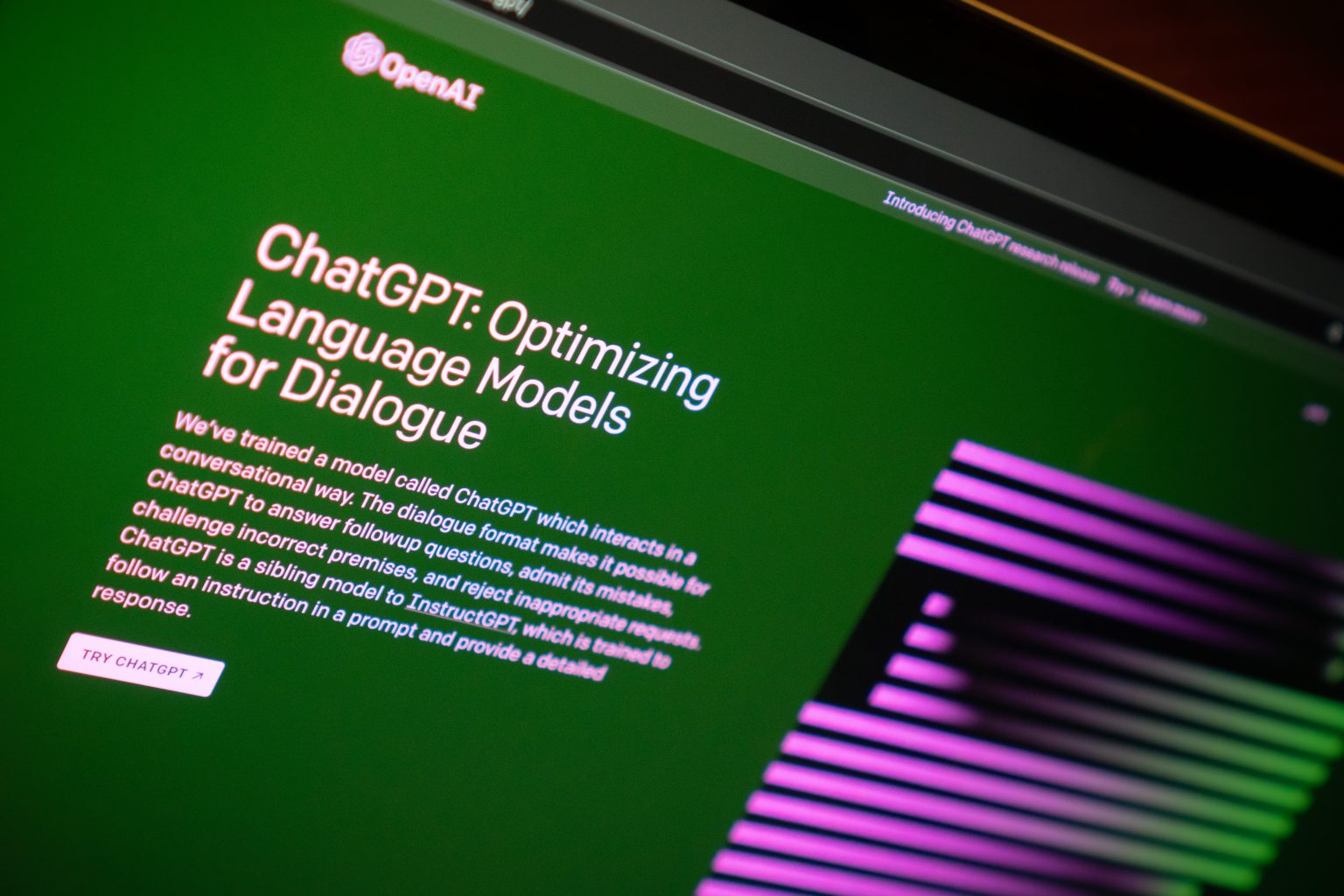
The rapid ascent of artificial intelligence programs, including tools like ChatGPT and Caktus.AI, has been a defining feature of recent technological advancements. The internet, in a collective experiment, continues to discover diverse applications for AI, from the mundane to the complex.
Indeed, AI is far from a new concept in our daily lives. Many of us routinely interact with AI when we converse with virtual assistants such as Siri or Alexa, or simply when we navigate using directions pulled up on our smartphones. However, the sophistication of this technology is expanding at an exponential rate.
An LSU instructor, Lori Favela, openly shared her immediate reaction to the capabilities of this software. She expressed, “‘My job is gone.’ That was my first thought. ‘My job is obsolete,'” reflecting a sentiment likely shared by many educators grappling with AI’s implications.
Favela’s initial shock quickly evolved into proactive adaptation. She has already begun to revise her assessment methods for her classes, demonstrating a pedagogical pivot in response to the AI challenge. Her updated approach now requires students to forge a personal connection with the material they engage with.
Read more about: Unlocking Global Brilliance: A Deep Dive into the World’s Smartest Nations by IQ and Innovation

This shift is rooted in a fundamental belief about human capacity. As Favela eloquently states, personal connection “is something that AI can never replace. It can never tell you how you are feeling,” underscoring the unique and irreplaceable aspects of human thought and emotion in learning.
Adding another expert perspective, George Schiaffino with New Orleans Integrated Technologies offers clarity on AI’s operational essence. He explains that AI involves “teaching a computer to think like a human being, and it is consuming knowledge.”
Schiaffino highlights a key advantage of AI over human cognition: “And unlike us, that forgets things here and there, it remembers everything.” He elaborates that AI functions by “pulling information that someone has already put into it, to go out and read the internet…go out and gather all of the information.”
While AI undeniably makes various aspects of life more convenient, Schiaffino also articulates a cautionary outlook on its long-term implications. He poses a crucial question that warrants profound consideration: “You want to think, ‘Can this be used for bad?’ Obviously, it can, and it could be something you or I or others haven’t thought of.”
Read more about: 18 Car Features & Maintenance Traps Secretly Draining Your Bank Account
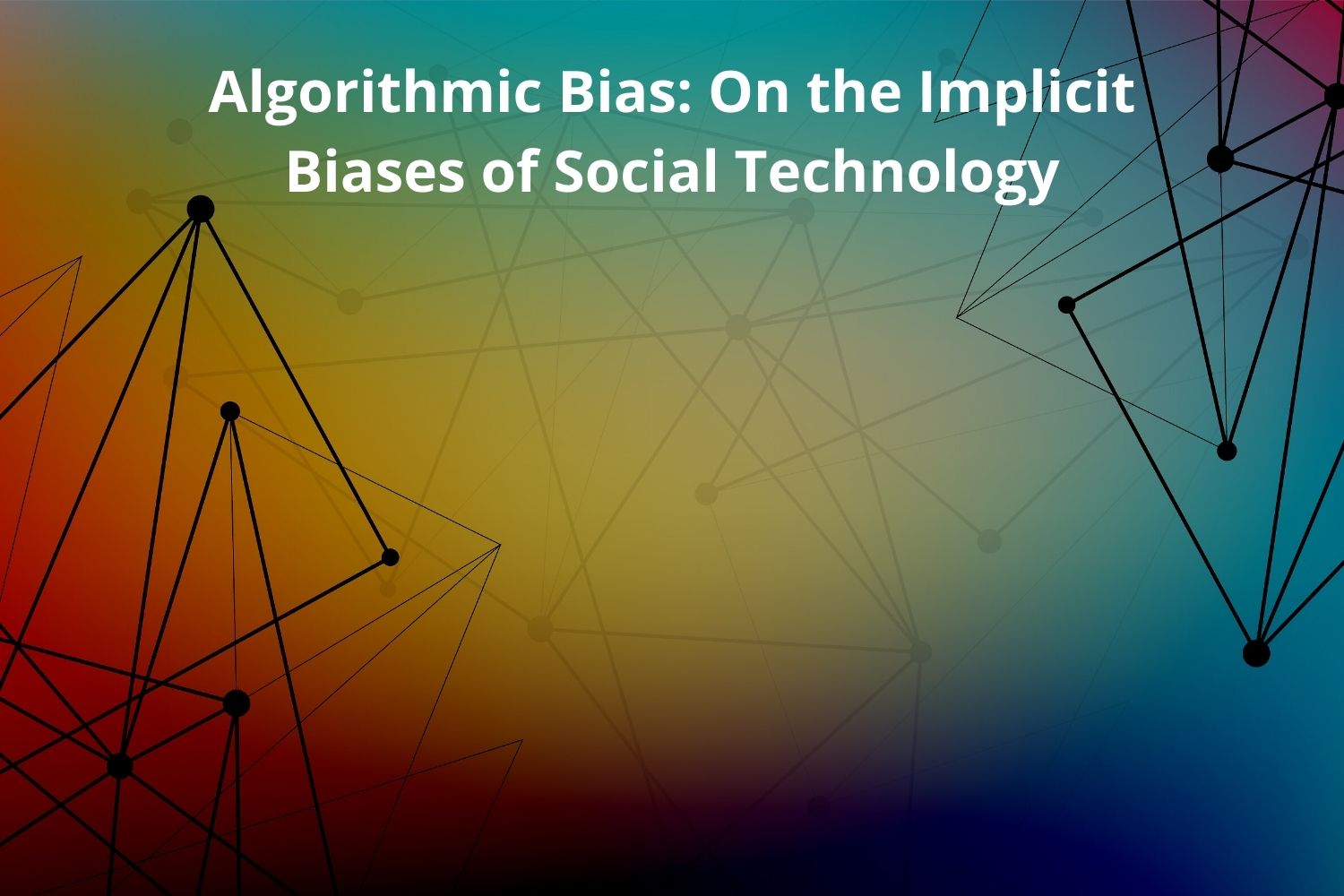
Further, Schiaffino raises a significant concern regarding the intrinsic biases embedded within AI systems. He notes that the individuals responsible for programming AI invariably “insert their personal biases to control what the AI says,” a factor that continues to generate numerous questions and concerns within the technological and ethical spheres.
The discussion surrounding AI extends far beyond academic settings, encompassing broader societal implications that demand serious scrutiny. While artificial intelligence holds immense promise for innovation and progress, it is simultaneously accompanied by a spectrum of potential dangers.
One significant concern revolves around the potential for widespread job displacement. A 2016 study conducted by V Kolbjørnsrud and R Amico, highlighted within the given context, projected that AI could potentially replace as much as 47% of all jobs in the United States over the coming two decades. This startling statistic points to a significant reshaping of the global labor force.
Specifically, the study suggested that certain sectors, particularly those within the service industry, face a heightened risk of automation. These jobs, often characterized by tasks simple enough for a computer to execute more efficiently and cost-effectively, underscore the urgent need for robust education and training initiatives.
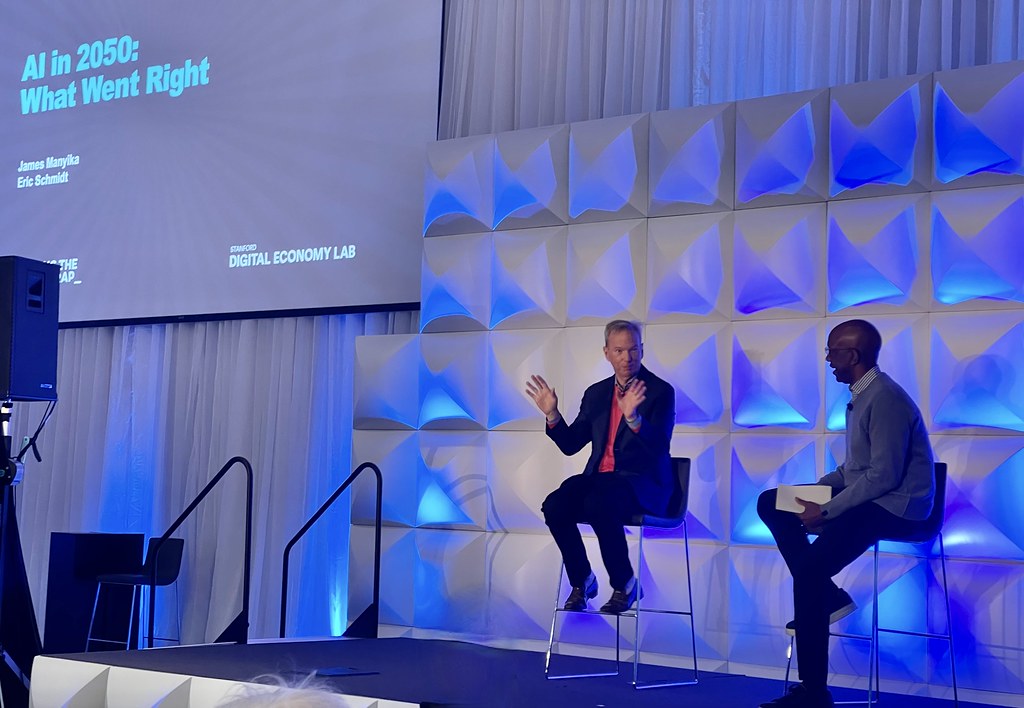
Such initiatives are vital to equip workers with the necessary skills to adapt to the rapidly evolving technological landscape, ensuring their competitiveness and relevance in the future labor market. The potential for AI to displace human jobs is a serious matter that necessitates careful strategic planning.
Beyond economic impacts, the proliferation of AI technology introduces complex ethical and moral dilemmas. Research by Zhang, Chen, and Xu in 2022, titled “The Influence of Artificial Intelligence on Ethical Dilemmas,” investigates the effects of AI on moral decision-making, offering compelling insights.
Their findings suggest that AI-driven decisions can indeed be a double-edged sword, presenting both advantageous and detrimental outcomes for ethical reasoning. On the one hand, AI offers the capacity for efficient, unbiased decision-making, providing data to inform more judicious choices.
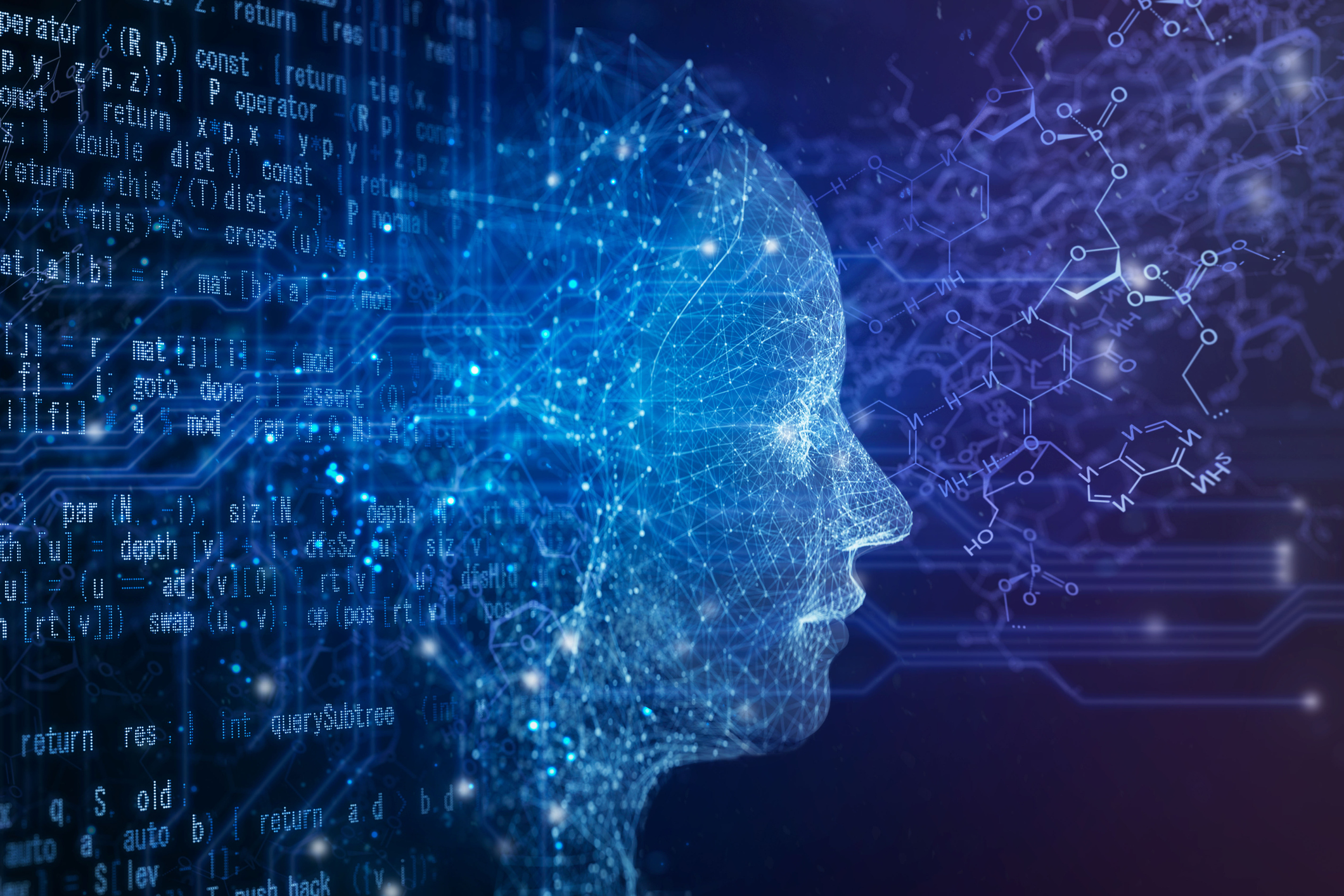
Conversely, the study cautions that AI could be manipulated to skew data, leading to decisions that are inherently unethical or immoral. Furthermore, the increasing reliance on AI risks engendering moral and ethical quandaries where decisions made by AI may not align with the broader public interest.
The imperative to understand these potential consequences of AI is paramount, necessitating continued research in this critical area. It becomes essential to ensure that any decisions rendered by AI systems are rigorously vetted for their ethical and moral soundness.
Another pressing concern, deeply felt by governments and citizens alike, is the potential for artificial intelligence to amplify surveillance capabilities while simultaneously diminishing individual privacy. A 2019 study by S Truex, N Baracaldo, A Anwar, T Steinke, and their colleagues, substantiates these fears.
The research meticulously explores AI’s implications for citizen privacy, concluding that AI indeed serves as a potent instrument for surveillance. Its capacity to rapidly process vast quantities of data facilitates more precise and targeted monitoring, far exceeding previous capabilities.
Read more about: Sophisticated GNSS Spoofing Reshapes Electronic Warfare in Middle East and Ukraine, Posing Civilian Risks

AI also enables the identification and tracking of individuals based on their behavioral patterns, thereby creating surveillance systems that are both more effective and deeply intrusive. Moreover, AI’s ability to construct highly accurate profiles of people streamlines the collection and analysis of personal data.
These advancements carry grave implications for the fundamental right to privacy and anonymity, necessitating proactive measures from governments and organizations. It is critical to ensure that AI is not weaponized for surveillance and that citizens’ rights to privacy and anonymity are diligently respected and protected.
While AI undeniably holds immense promise for shaping the future, its development is not without inherent dangers. The technology threatens to significantly displace jobs as machines achieve ever-greater sophistication, and the ethical ramifications of creating self-aware machines remain profoundly uncertain.
Moreover, the absence of clear boundaries for controlling AI systems and their latent potential for malicious deployment should not be underestimated. This makes it unequivocally crucial that responsible measures are implemented to ensure the tightly regulated and ethical development of this transformative technology.
Read more about: Car Thefts Explode: Is Your Model on the List of Most Stolen Vehicles?

Amidst these complex considerations, public sentiment regarding the integration of AI into education has been notably varied. Some reactions echo historical precedents, with one user remarking, “Academics said the same thing about calculators when they were introduced. Remember how well received Google was in the academic space back when it launched.”
Others express a more fundamental concern for academic integrity, articulating thoughts such as, “I don’t get people who cheat. Why go to university if you’re not trying to slowly aggregate skills and information. If you cheat at the basics you’ll never grow and the real world will destroy you.” This perspective underscores the value of genuine learning and skill development.
Intriguingly, some users view AI as a neutralizer in the academic sphere, asserting, “The universities use artificial intelligence to review our homework submissions. The playing field has been leveled.” This suggests a perception that students are simply adopting tools similar to those employed by institutions.
Olivia Dunne’s position at the nexus of this discussion is uniquely amplified by her extraordinary social media presence. As the most-followed NCAA athlete across digital platforms, her influence on a vast audience, including a significant collegiate demographic, is undeniable. Her estimated NIL valuation, exceeding $3 million, further illustrates her commercial power.
Read more about: From Hollywood to Holywood: 14 Celebs Who Are Unapologetically Born-Again Christians (Their Stories Might Just Shock You)
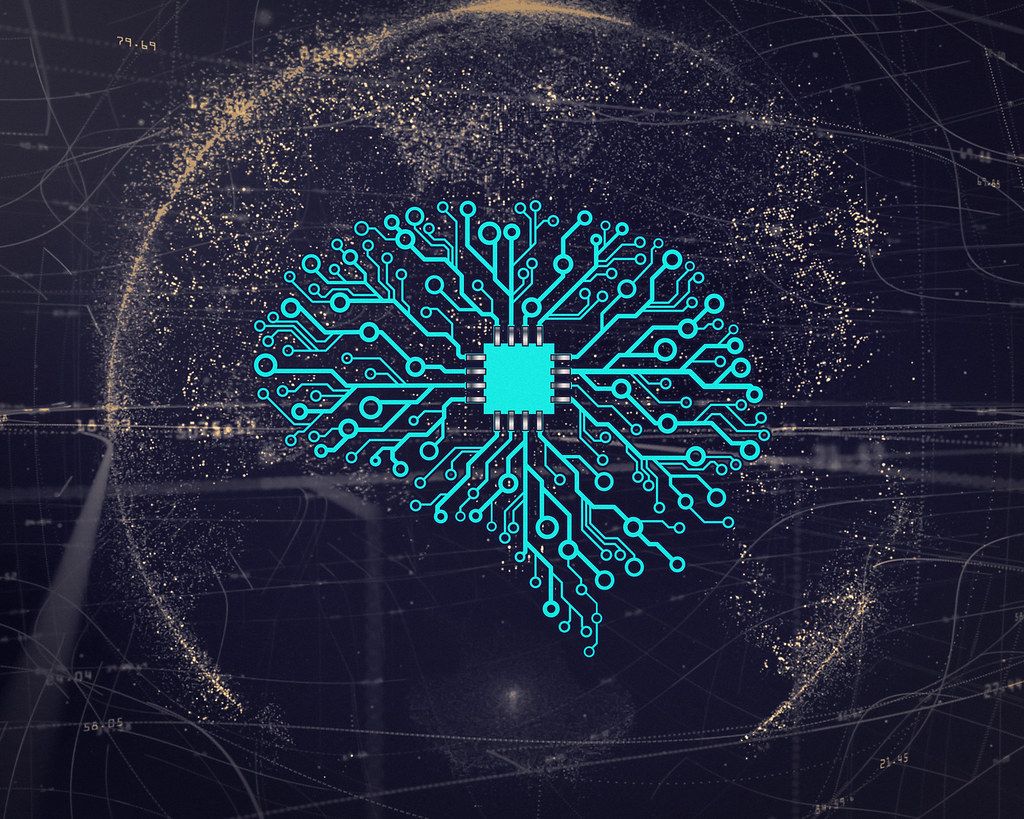
This immense reach meant that her promotional TikTok for Caktus. AI became an immediate catalyst for widespread awareness, prompting LSU to issue its firm warning. Despite the university’s statement, Dunne’s post remained live for days, underscoring the complexities of managing athlete endorsements in the evolving NIL landscape.
LSU’s measured response, however, also reveals a broader institutional perspective on AI. The university’s earlier statement about ChatGPT indicated a willingness to engage with the technology as an “ideal opportunity to reflect on our current teaching practices, experiment with new opportunities, and brainstorm ways they could be utilized effectively in a classroom.”
This nuanced stance suggests that the university is not outright dismissing AI but rather grappling with how to integrate it responsibly within its educational framework, upholding integrity while exploring innovative pedagogical approaches. The incident serves as a poignant reminder of the ongoing dialogue required between technological advancement and established academic principles.
As we stand at the precipice of a new technological frontier, the story unfolding at LSU transcends a single incident involving a prominent athlete. It encapsulates the broader, intricate dance between human ingenuity and artificial intelligence, particularly within the hallowed halls of academia. The challenge is not merely to regulate a tool but to redefine the very essence of learning, critical thinking, and personal integrity in an age where machines can mimic human creation.
Read more about: Fly Solo: The 16 Best Single-Pilot Private Jets for 2024
The profound questions raised by AI’s capabilities demand continuous reflection from educators, students, technologists, and policymakers alike. The path forward lies in a vigilant, adaptive approach, ensuring that as technology continues its relentless march, humanity’s quest for authentic knowledge and ethical advancement remains the guiding star. This is not merely a debate about cheating; it is a profound exploration into the future of intellect itself.



